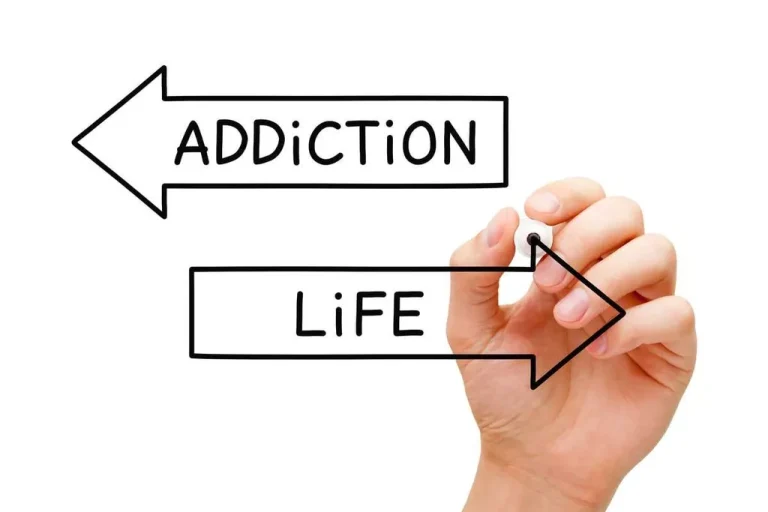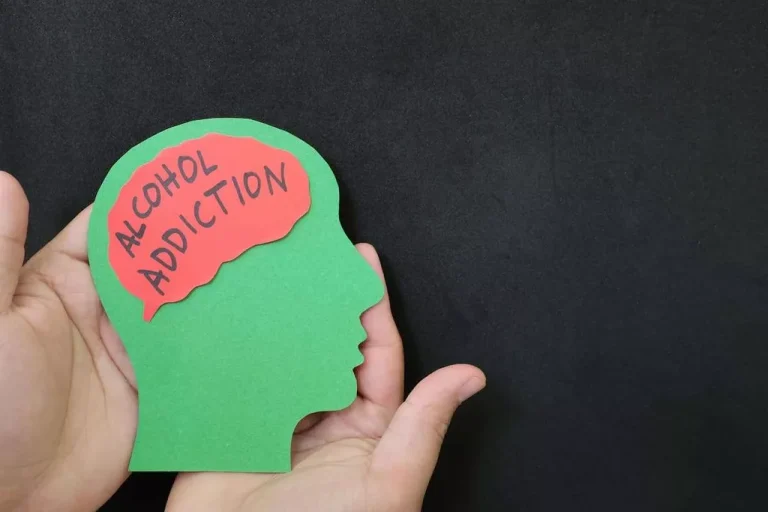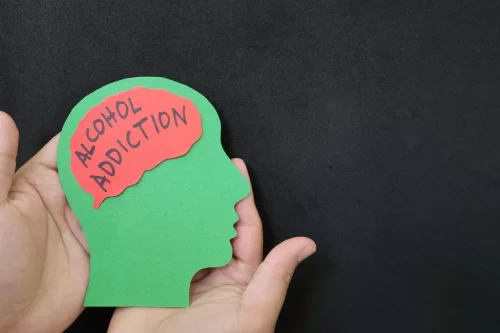However, some individuals may find certain alcoholic beverages, such as wine or beer, more likely sober house to trigger the sneezing reflex due to their individual sensitivities. Watch out for other signs like fever, gastric upset or dizziness, in which case you need medical help. If stuffy nose is accompanied with bleeding form nose, consult your physician immediately. It’s not hard to imagine that experiencing a pounding headache after a pint of beer can really detract from enjoying your night sneezing after drinking alcohol out with friends.
- Wine contains proteins from grapes, bacteria, and yeast, as well as sulfites and other organic compounds.
- These limitations make it hard to know how much to rely on studies that find health risks (or benefits) to alcohol consumption.
- While the cause of DAIH is unknown, researchers believe they are related to a drop in a neurotransmitter called serotonin, which regulates the body’s central pain control.
- If your body doesn’t produce enough active DAO, you may react to histamine in foods and beverages.
- Like mentioned earlier, experiencing nasal congestion can make this symptom even more noticeable and painful.
- If they suspect you have a true allergy to alcohol or another ingredient in alcoholic beverages, they will likely conduct allergy testing.
Another common symptom of alcohol intolerance is experiencing headaches https://northiowatoday.com/2025/01/27/sober-house-rules-what-you-should-know-before-moving-in/ or migraines (in more severe cases). Like mentioned earlier, experiencing nasal congestion can make this symptom even more noticeable and painful. Experiencing sneezing after drinking beer is an unusual but not uncommon phenomenon.
Why do i sneeze when i drink alcohol?
If you are experiencing mild symptoms, you can try taking an antihistamine before drinking beer. Beer, brown liquor, and cider contain the highest levels of sulfites among alcoholic beverages. Sulfites are also found in wine, where they occur naturally as a result of the fermentation process. These compounds are often added to beer and wine to limit the growth of yeast and act as a preservative. Common sulfites include potassium bisulfite or potassium metabisulfite. Sulfur dioxide is another closely related chemical that can trigger reactions in some people.
Ways To Stop Drinking Alcohol
If you’re allergic to another ingredient contained in certain alcoholic products, switching to a different drink might be an option. If you have an allergy, your immune system over-reacts to contact with a trigger or “allergen.” If you have an alcohol allergy, your immune system treats alcohol as a threat. The only way to avoid alcohol intolerance symptoms or an allergic reaction is to avoid alcohol or the particular beverage or ingredients that cause the problem. For a minor reaction, over-the-counter or prescription antihistamines might help reduce symptoms, such as itching or hives. For those with histamine intolerance, it is crucial to be aware of how histamines in alcohol affect the body.
Products & Services
Unfortunately, nothing can prevent reactions to alcohol or ingredients in alcoholic beverages. To avoid a reaction, avoid alcohol or the particular substance that causes your reaction. Simply avoid alcohol, limit how much you drink or avoid certain types of alcoholic beverages. A number of experts have recommended revision of the guidelines toward lower amounts, as more studies have linked even moderate alcohol consumption to health risks. Predictably, the alcoholic beverage industry opposes more restrictive guidelines.
Treatment
- Abstinence is also important for people who are pregnant, take medications that interact with alcohol or have certain genetic conditions.
- However, alcohol can also have effects with which many people may not be familiar.
- The most common of these compounds are sulfites, which are typically highest in beer, brown liquor, and cider.
- Histamine intolerance or sensitivity can make it difficult for the body to metabolize the histamines found in beer.
- Another common symptom of alcohol intolerance is experiencing headaches or migraines (in more severe cases).
- Watch that glass of red wine or hoppy beer if you have food allergies.
In very rare cases, reactions to alcohol may be a sign of Hodgkin’s lymphoma. As with why do i sneeze when i drink alcohols, this issue comes down to a depletion of enzymes — in this case, enzymes that are required to metabolize alcohol in the liver. The doctor may refer the person to an allergy specialist for further testing and treatment. Anaphylaxis is a life threatening condition that involves a series of symptoms, such as a rash, low pulse, and shock.
- The most common cause is ALDH2 deficiency, which results in decreased levels of aldehyde dehydrogenase, the enzyme responsible for breaking down acetaldehyde.
- Alcohol intolerance occurs when your body doesn’t have the proper enzymes to break down (metabolize) the toxins in alcohol.
- There is no evidence to suggest that specific types of alcohol are more likely to induce sneezing.
- In some cases, over-the-counter or prescribed medications might help alleviate symptoms.
Despite this, less than half of the US public is aware of any alcohol-cancer connection. Changing the labels as suggested by the Surgeon General will require congressional action that may never happen. Rimm thinks the biological evidence still shows that moderate alcohol consumption offers a small benefit for heart disease and other conditions such as type 2 diabetes. But these benefits are probably averaged out—or maybe even outweighed—by traffic injuries, breast cancer and other risks of moderate drinking. Beer can contain allergens such as barley, wheat, hops, yeast, and sometimes even fruits or spices used in flavored beers.
Common Triggers for Sneezing
While the cause of DAIH is unknown, researchers believe they are related to a drop in a neurotransmitter called serotonin, which regulates the body’s central pain control. When serotonin levels drop, pain signals are dysregulated, and people are more likely to experience painful conditions like headaches. Beer and wine, in addition to being high in histamine, can aggravate a runny nose or nasal congestion. If you develop symptoms after drinking alcohol, make an appointment with your doctor. Depending on your symptoms, they might refer you to an allergist for testing and treatment. An allergist is a special type of doctor that focuses on allergic conditions.
Histamines are known to trigger allergic responses in some individuals. The symptoms of alcohol intolerance usually occur immediately after drinking alcohol and can be intense. One of the primary symptoms is facial flushing, where the face quickly turns red and may feel warm due to increased blood flow.
Why Your Face Gets Beet Red When You Drink
Sulfites have been used as preservatives since Roman times to preserve food flavour and colour, inhibit bacterial growth, and reduce food spoilage. Red wine tends to have higher levels of histamine than white wine or beer. Aldehyde dehydrogenase (ALDH2) is an enzyme that your body uses to digest alcohol. It turns alcohol into acetic acid, a main component of vinegar, in your liver. However, if you notice an escalation in symptoms or the development of new respiratory issues, it is advisable to consult a medical professional.

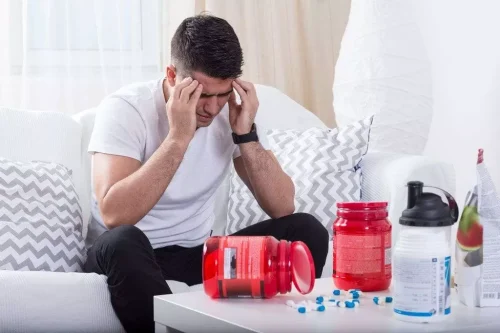



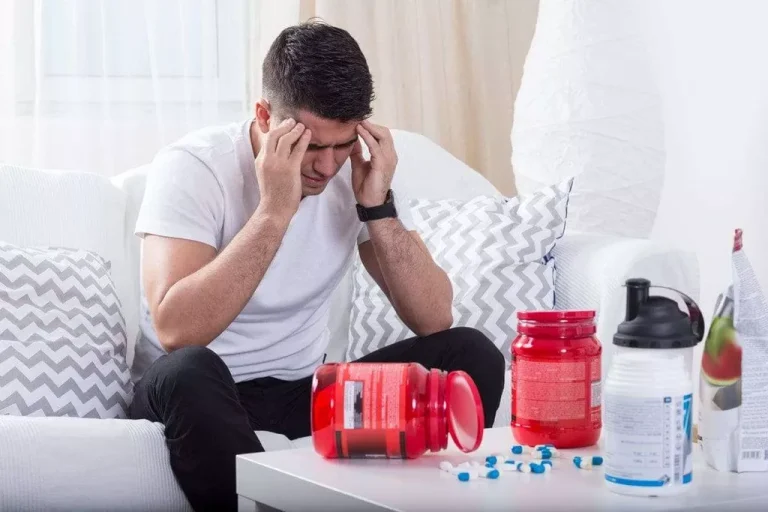
.jpeg)
.jpeg)
.jpg)
.jpg)
